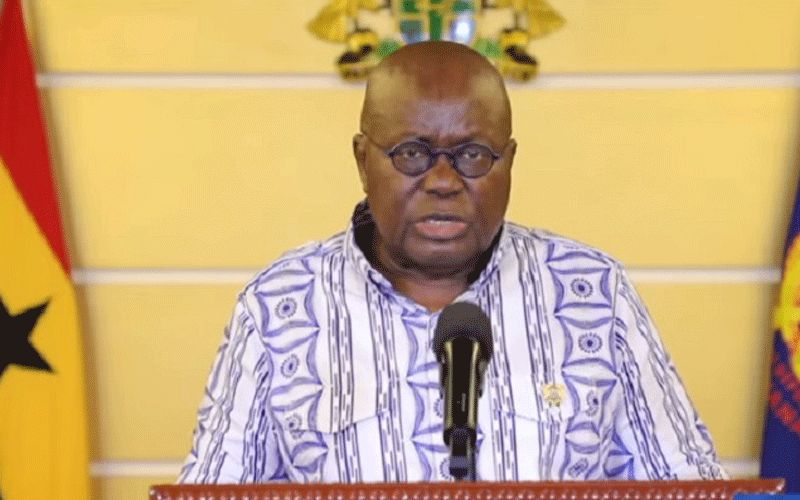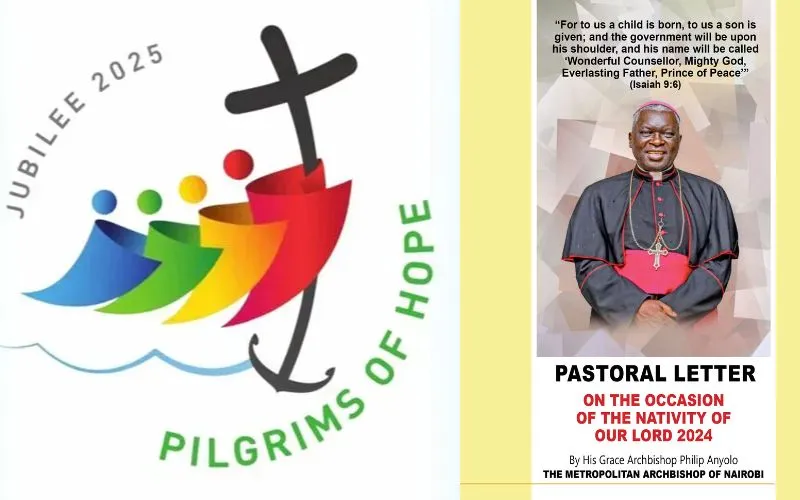Early July, leaders of various Christian groups in Ghana petitioned the President to reconsider the government directive that church services be conducted within one hour.
“The leaders of the various Christian groups are of the view that the time allocated for church services needs to be reconsidered since religious groups and for that matter, churches have abided by all regulations and safety protocols laid down by the government,” Archbishop Philip Naameh, President of Ghana Catholic Bishops' Conference (GCBC), told local media on Wednesday, July 1.
The Ghanaian Archbishop added, “But honestly if we have proved that we can observe all other safety measures, including church fumigation, wearing of masks, hand sanitization and avoiding all manner of physical interactions, I think we can comfortably conduct our services within a little more than an hour. An hour and a half is all we ask for.”
According to Ghana’s President Akufo-Addo, the decision for the extension was due to the strict adherence to the safety protocol to contain the coronavirus pandemic.
“I extend my deepest appreciation to our religious leaders for their strict adherence to the safety protocols, which have prevented any known outbreaks, since they restarted their services,” President Akufo-Addo said.
“Our Churches and Mosques have been open for prayers and services for the past seven weeks, adhering to 25 percent occupancy or up to one hundred congregants over a time duration of up to one hour per service,” he said.
Ghana’s President appealed to Christian leaders desirous of implementing “this enhanced easing directive, must ensure that congregants wear face masks at all times, and the one metre social distancing rule is scrupulously applied.”
He announced that the guidelines for Christian churches also apply to worship in Mosques, noting that, “With greater numbers of congregants likely to return for worship, I would, respectfully, ask the religious leaders to pay even greater attention to the fresh air ventilation of their premises, rather than relying on the use of air conditioners.”
Meanwhile, the Chairman of the Ghana’s National Catholic Laity Council, Prof. Elias Sowley has highly commended the government for recognizing the full compliance by churches to merit the extension of the duration of public worship.
He told ACI Africa Correspondent on Monday, July 27 that for the past seven weeks, Mass attendance was below what was expected. He cited the example of his Parish, the Sacred Parish in Tamale, where “two parallel Eucharist celebrations were arranged on Sundays but there was an initial low participation.”








